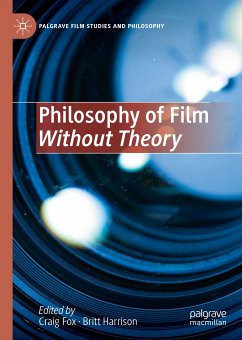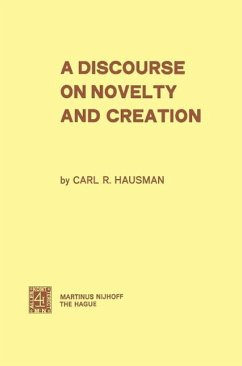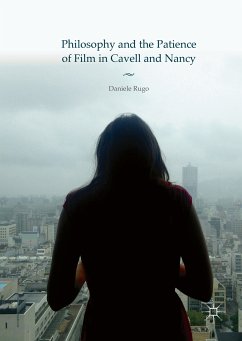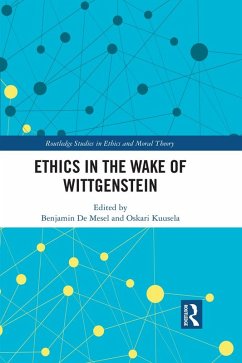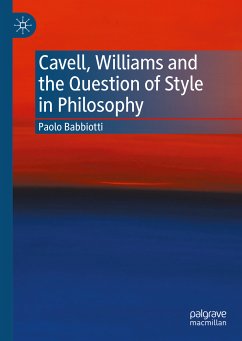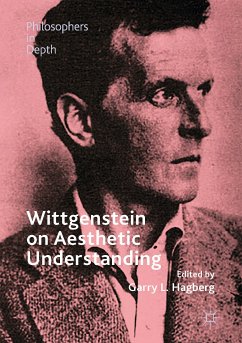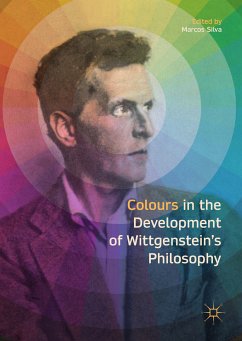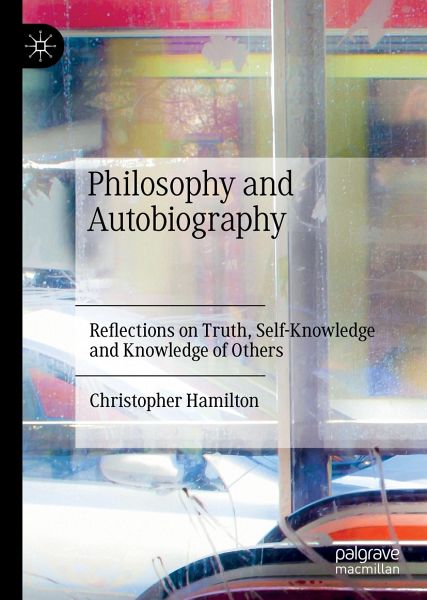
Philosophy and Autobiography (eBook, PDF)
Reflections on Truth, Self-Knowledge and Knowledge of Others
Versandkostenfrei!
Sofort per Download lieferbar
Statt: 90,94 €**
68,95 €
inkl. MwSt.
**Preis der gedruckten Ausgabe (Gebundenes Buch)
Alle Infos zum eBook verschenkenWeitere Ausgaben:

PAYBACK Punkte
34 °P sammeln!
This book, taking its point of departure from Stanley Cavell's claim that philosophy and autobiography are dimensions of each other, aims to explore some of the relations between these forms of reflection, first by seeking to develop an outline of a philosophy of autobiography, and then by exploring the issue from the side of five autobiographical works. Christopher Hamilton argues in the volume that there are good reasons for thinking that philosophical texts can be considered autobiographical, and then turns to discuss the autobiographies of Walter Benjamin, Peter Weiss, Jean-Paul Sartre, Ge...
This book, taking its point of departure from Stanley Cavell's claim that philosophy and autobiography are dimensions of each other, aims to explore some of the relations between these forms of reflection, first by seeking to develop an outline of a philosophy of autobiography, and then by exploring the issue from the side of five autobiographical works. Christopher Hamilton argues in the volume that there are good reasons for thinking that philosophical texts can be considered autobiographical, and then turns to discuss the autobiographies of Walter Benjamin, Peter Weiss, Jean-Paul Sartre, George Orwell, Edmund Gosse and Albert Camus. In discussing these works, Hamilton explores how they put into question certain received understandings of what philosophical texts suppose themselves to be doing, and also how they themselves constitute philosophical explorations of certain key issues, e.g. the self, death, religious and ethical consciousness, sensuality, the body. Throughout, there is an exploration of the ways in which autobiographies help us in thinking about self-knowledge and knowledge of others. A final chapter raises some issues concerning the fact that the five autobiographies discussed here are all texts dealing with childhood.
Dieser Download kann aus rechtlichen Gründen nur mit Rechnungsadresse in A, B, BG, CY, CZ, D, DK, EW, E, FIN, F, GR, HR, H, IRL, I, LT, L, LR, M, NL, PL, P, R, S, SLO, SK ausgeliefert werden.
Alle Preise in Euro und inkl. der gesetzl. MwSt. | Innerhalb Deutschlands liefern wir preisgebundene Bücher versandkostenfrei. Weitere Informationen: bitte hier klicken
Support
Bitte wähle dein Anliegen aus:
Rechnungen
Bestellstatus
Retourenschein
Storno




